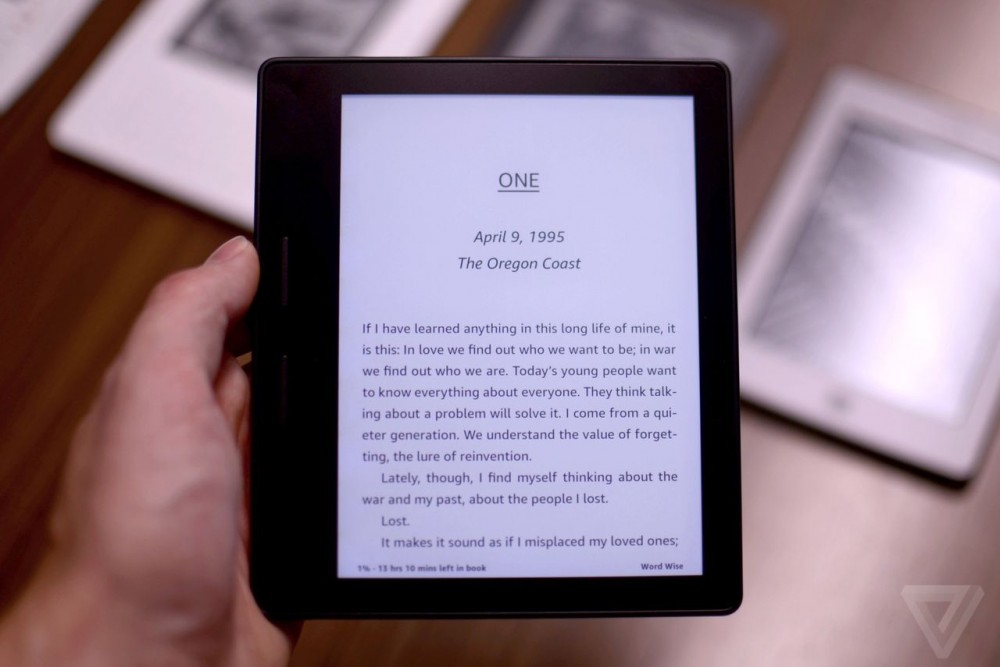The brilliant article by Andra Watkins about bringing libraries back into our communities includes the quote “Libraries are community service powerhouses.” Libraries are more than storerooms for books: they have language classes, self-improvement classes, crafting classes, entertainment events, fundraising, and just about any other program you can imagine. Libraries invest in people.

Source: Pixabay
So, why do author programs often fail? Maybe because it’s a give-and-take, but oftentimes, authors end up doing a lot more taking than giving. If libraries give to people, maybe it’s time to give back a little, meet in the middle.
Authors who want to start programs need to understand a few simple means of communication: the way the world works now invites a new kind of diplomacy. Authors cannot be the closed-off, shy, flaky, suffering-artist types who feel entitled to a stage and a microphone, but no agenda. Libraries and librarians deserve better.

Source: Pixabay
Watkins has several ideas about how authors can approach libraries about starting programs, as well as ideas about how authors should effect reading programs. These ideas can be applied to any proposals, though, for book clubs, or otherwise.
Watkins constructed the following six tips:
1. Ditch The Author Reading
Watkins expects authors to do more than stand on a stage, eyes on their manuscript, reading an excerpt. Audiences need more, we need eye-contact, hand-gestures, candid commentary: basically, we need conversation. We can read the book ourselves in our living rooms.

Source: Pixabay
2. Use The Three Es
Engage, educate, entertain. Watkins knows that it is not enough to display. “Look, here’s my book, it’s about so-and-so.” We need an author who can stand up and spark interest in their story with their personality and their anecdotes, possibly even ones unrelated to the book: tell us about your process, your research, let us get a sense of who you are, Author. In the Information Age, audiences desire knowledge. We come to this library for knitting and business writing classes, for heavens’ sake. Tell us something interesting that the book covers: how taxidermy works, or how pastries are made. Finally, entertain. It’s really not that hard. We’re here because we want to be, stand up there and give us candor and lightness, don’t take yourself so seriously. We didn’t put you on a pedestal, so don’t go climbing up one.
3. Submit A Written Proposal
When things are in writing, plans can be made, events booked, dates set, confirmations made. You’re a writer, you should absolutely know how to make an outline, with clear bullet points, of what you hope to do, who your audience is, what you want to accomplish, and why. Keep it clean, as short as humanly possible, and snappy. Don’t be afraid to make your proposal kitschy and catchy.

Source: Pixabay
4. Professionalism Matters
Watkins knows that the world moves fast now: professionalism, punctuality, clarity in communication, do not make an artist a sell-out. They make an artist a human. A human that other people will want to invite in and work with. Have you, Artist, ever desired to try setting up an event with the kind of person who refuses to set times, dates, locations, shows up late with no apology and no notes or presentation? Nope.

Source: Pixabay
5. Make The Audience Feel Welcome
These are going to be small events, OK, Author? You’re at a library, not a stadium. Your audience is going to be retirees and nerds. Ask them what they would like to talk about, how their days are going, what they like to read, get them involved! Give them jobs, let them read their favorite passages, ask them their interpretation. There are too many ways to make an audience an integral part of the experience. Enjoy it! These people are on your side, see them as friends, not fans.

Source: Pixabay
6. Offer Two Programs For One
Let the library feel like they are getting the most out of this opportunity. Ask them about their book clubs, and see how they feel about morphing one of those this month into a session on your personal literature. You, Author, enter this community, don’t expect them to come to you. You’re along for their ride, not the other way around.

Source: Pixabay
These rules of Andra Watkins can be applied to anything, really: organizing events should always include these six, golden rules of engagement.
YouTube Channel: Eerdman’s Books For Young Readers
Featured image via Lachesis Publishing




